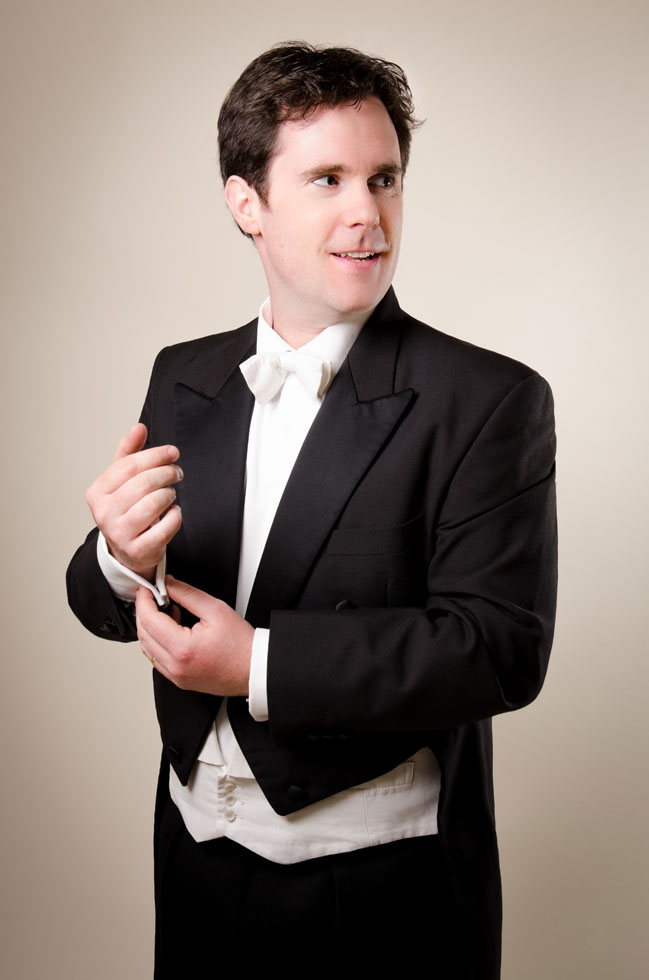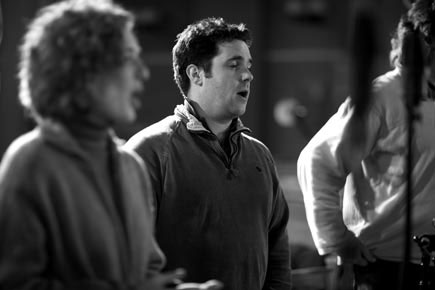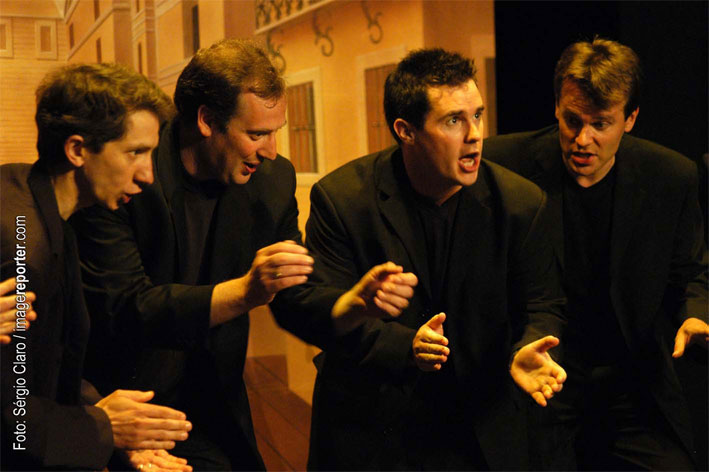«I think what we all miss most is the very heart of what we do: trying to communicate something essential, and sharing a precious connection with an audience»

We interview tenor Nicholas Mulroy ahead of his concert Cubaroque, as part of Baroque at the Edge 2021, that invites leading musicians from all genres to take the music of the Baroque and see where it leads them.
Baroque at the Edge is not able to invite audiences to LSO St Luke’s for the 2021 festival. Instead all events will be available to buy online from now until the January release date, and subsequently available to view until 31 March 2021.
Mulroy was born in Liverpool, and has had a busy and varied career as a singer, where personal highlights have included Bach’s Matthew Passion in his own Thomaskirche, Monteverdi Vespers in Carnegie Hall, and two visits to the fantastic Australian Chamber Orchestra, as well as a broad discography including Handel, Purcell, and Piazzolla’s amazing María de Buenos Aires.
Mulroy combines singing with teaching at Goldsmiths, Cambridge, and the Royal Academy of Music, and directing. He has recently been named Associate Director of Scotland’s Dunedin Consort.
How did you become interested in becoming a tenor?
I sang as a child in Liverpool, and since then have always been involved somehow with music, whether singing or instrumental – when my voice changed I played in local youth orchestras, and had great fun in jazz and rock groups. I also sang salsa and played serenatas during my time in Ecuador, which was a lovely way of getting to know different kinds of music and performance style!
You regularly appear with leading ensembles throughout Europe, which ones do you remember as the most special ones?
I’ve had immense fortune to work with many amazing colleagues, whose inspiration and talent of course I miss at the moment. Every musician, and therefore every ensemble, has their own special energy and qualities, so it’s impossible to highlight some over others. I do, however, have fond memories of favourite concert halls: the Palau in Barcelona with its inimitable architecture; the Chagall ceiling in the Paris Opera; outdoor concerts in the Palacio Carlos V in the Alhambra. We are so fortunate as musicians to be able to work in these spaces, where the fleeting beauty of music can interact, often unforgettably, with architectural wonders.

2020 has been a difficult year to culture with the cancellation of many events and concerts, how has the covid pandemic impact your career?
I think it’s fair to say that we’re all brought low by this pandemic, and not always supported either by governments, though some artistic institutions have been superhuman. There have of course been positives: the chance to refine and reflect, and the emphasis on inner geography is a positive side-effect when it comes to thinking about creativity. On the other hand, apart from the practical implications of having concerts deleted, and income decimated, I think what we all miss most is the very heart of what we do: trying to communicate something essential, and sharing a precious connection with an audience. The fact that so little is feasible at the moment diminishes both musician and listener.
Cubaroque takes place next week. You take a new brand-new exploration from three of this country’s most distinguished baroque musicians. What does it mean to you?
The music of the Baroque has been the central element of my career until now, so singing this repertoire – Monteverdi, Purcell, Marín – is always a little like a homecoming. It’s repertoire of such expression and beauty, and its durability is testament, I think, to the way it still has huge appeal and value now. It’s a challenge and a privilege to try to make the music of the past mean something for people today.

You investigate the cultural and political background of the 1960s Latin-American and Spanish song-writing giants. How do you approach them in Cubaroque?
We wanted to shine some light on these wonderful musicians, and respond to the domination of English-speaking pop music in today’s cultural landscape. Silvio Rodríguez and Víctor Jara are figures of gigantic significance but not well-known outside the Spanish-speaking world. Both carry importance both politically and artistically in a way that is rare anywhere, and shared by only very few: one thinks of Bob Dylan or John Lennon perhaps. The way their creativity interacts with political power is something they share with Purcell and Monteverdi, both of whom were based at institutions of far-reaching influence. In one sense, we’re limited by our instrumental possibilities, so we only play acoustically, and with one voice and two guitars (or similar instruments). We have found, however, that – in spite of the historical and geographical separation – all this music shares many things: sometimes a harmonic progression or a melodic echo, often a similar feeling of confessional intimacy, and always direct, truthful responses to the possibilities that these texts and stories offer.


